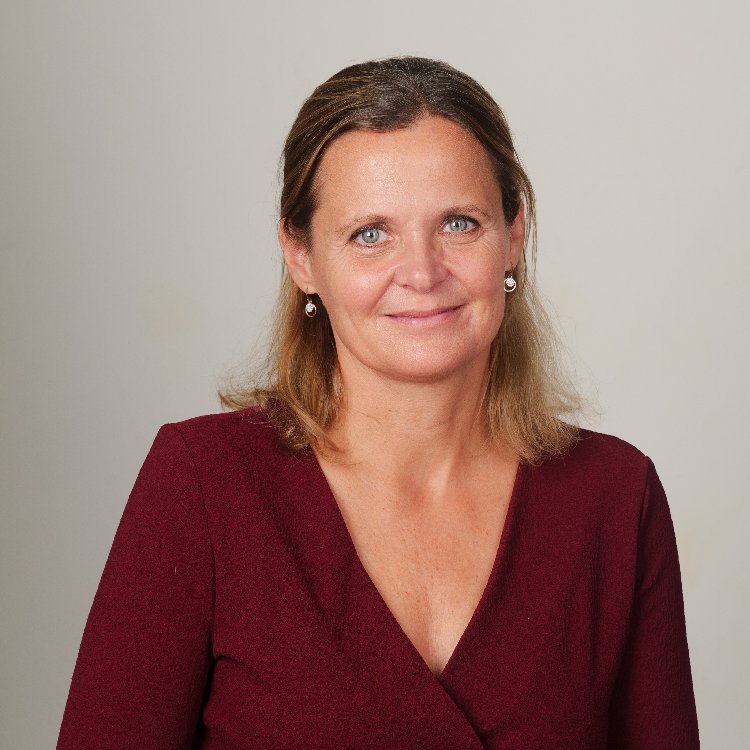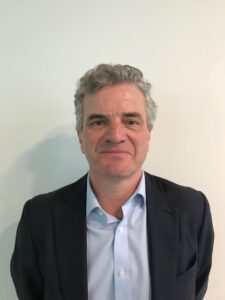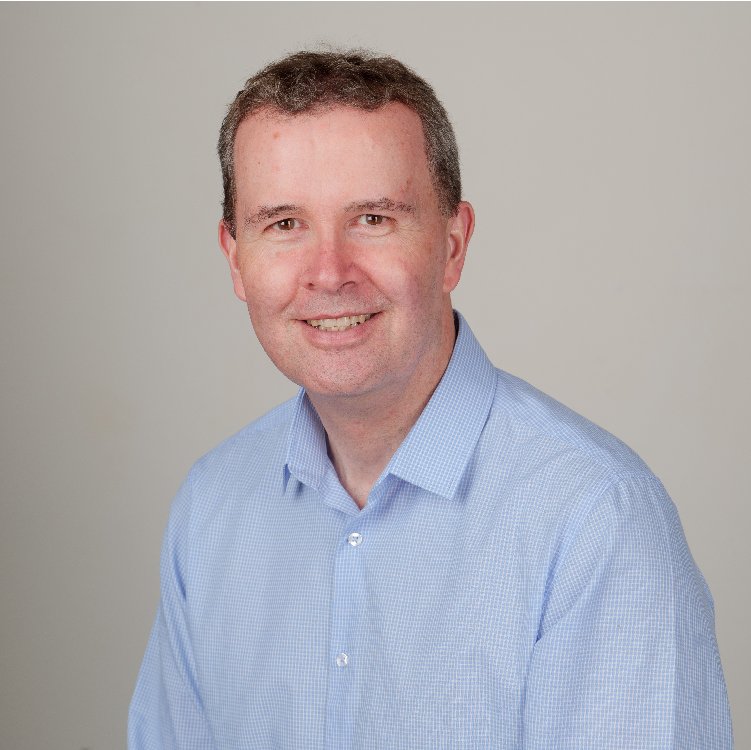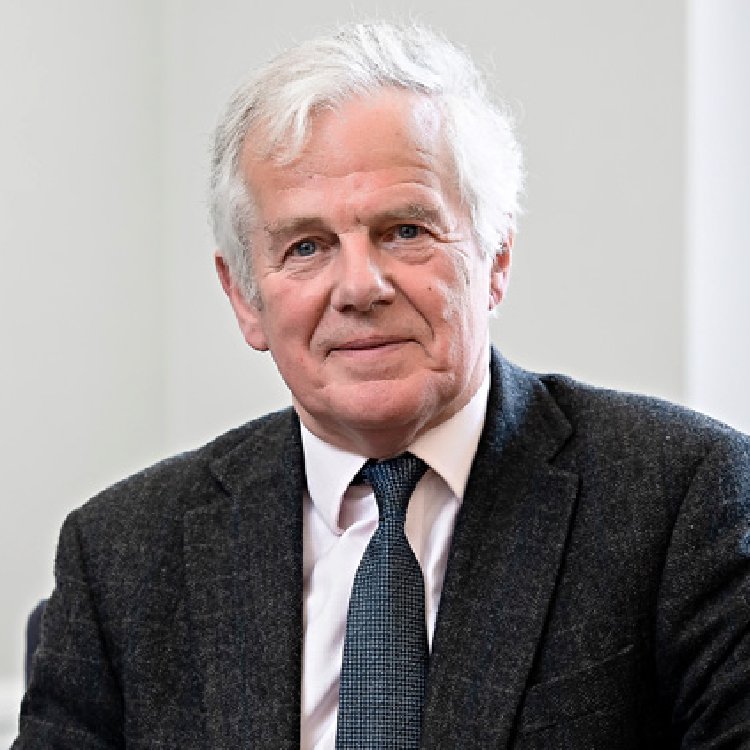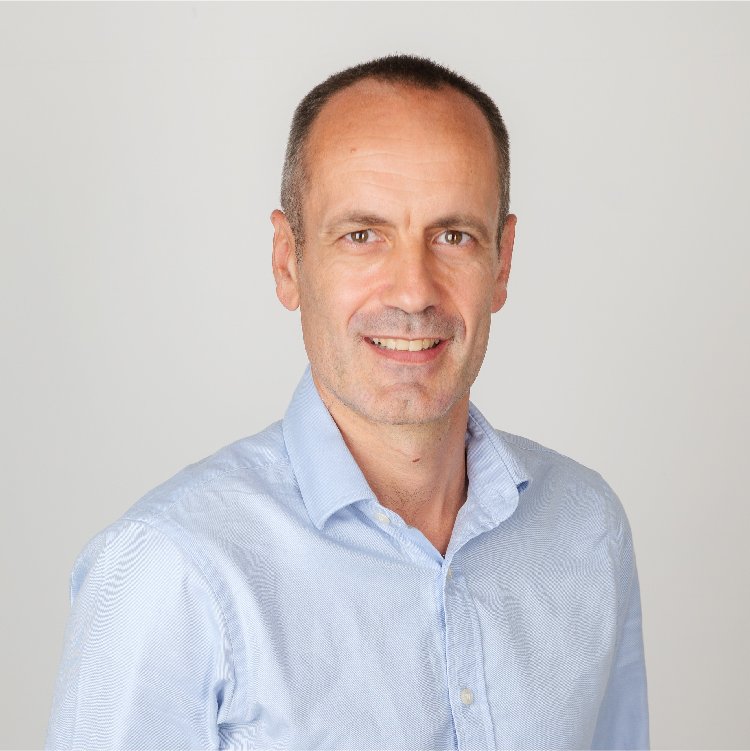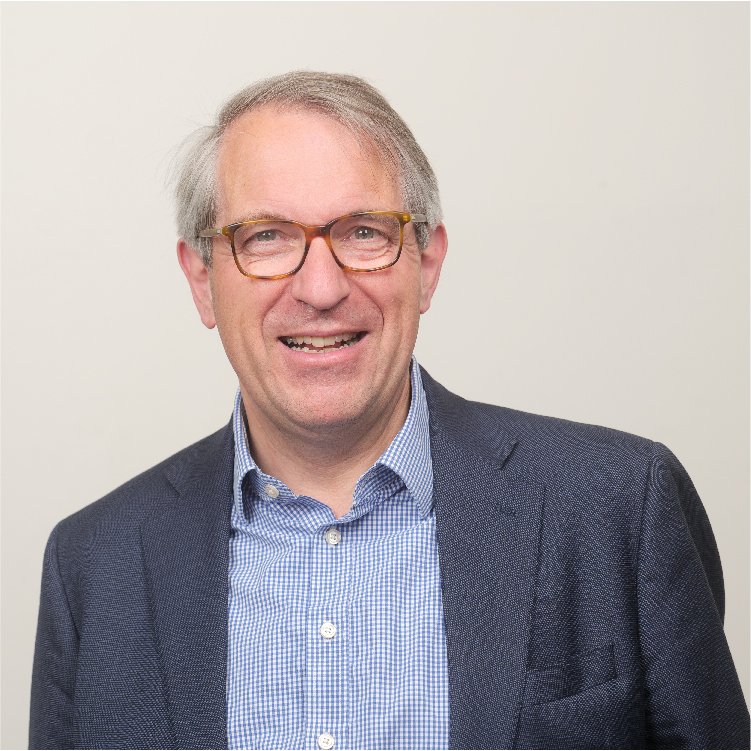LGB & Co. Limited is a leading capital markets and investments firm.
In serving both corporate and investing clients, LGB maintains integrity and agility as its core values.
Our capital markets specialists align the capital raising strategies of our corporate clients with their growth plans, enabling them to access capital and develop their businesses in a sustainable manner.
Our investment products help clients build well-structured portfolios, balancing growth and income.
We believe that our success will be defined by the success of the companies we invest in, and the returns we generate for our investing clients.
LGB Investments is based on longstanding relationships with self-directed, sophisticated private investors and family offices.
Our clients benefit from institutional quality service and access to a wide range of investments that can generate income and long-term capital growth.
LGB’s investing clients maintain accounts on LGB’s whole-of-market investment platform. In addition, they subscribe for new issues of Medium Term Notes and equity securities that are managed exclusively by LGB, or in conjunction with partner firms.
LGB Capital Markets provides high-quality strategic advice and direct access to institutional and private capital to growth companies.
Our tailored private debt programmes create a diversified investor base and reduced reliance on a single lender, as well as flexibility in pricing, drawdown, repayment and terms.
